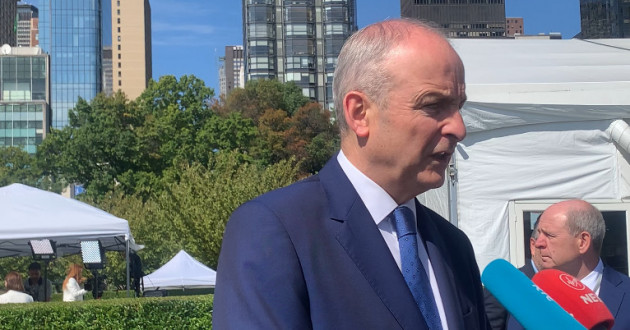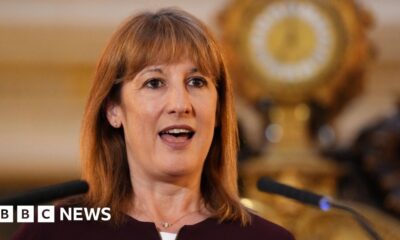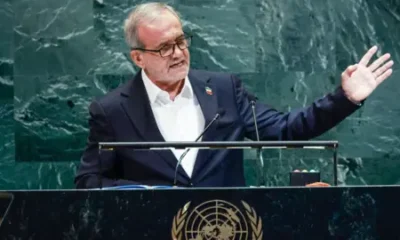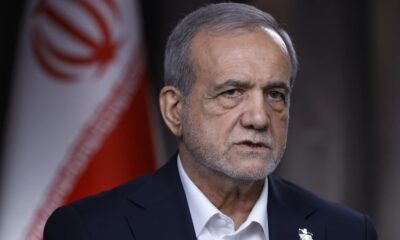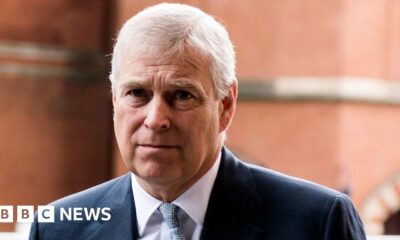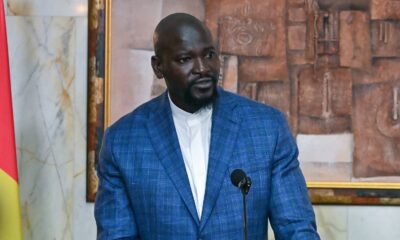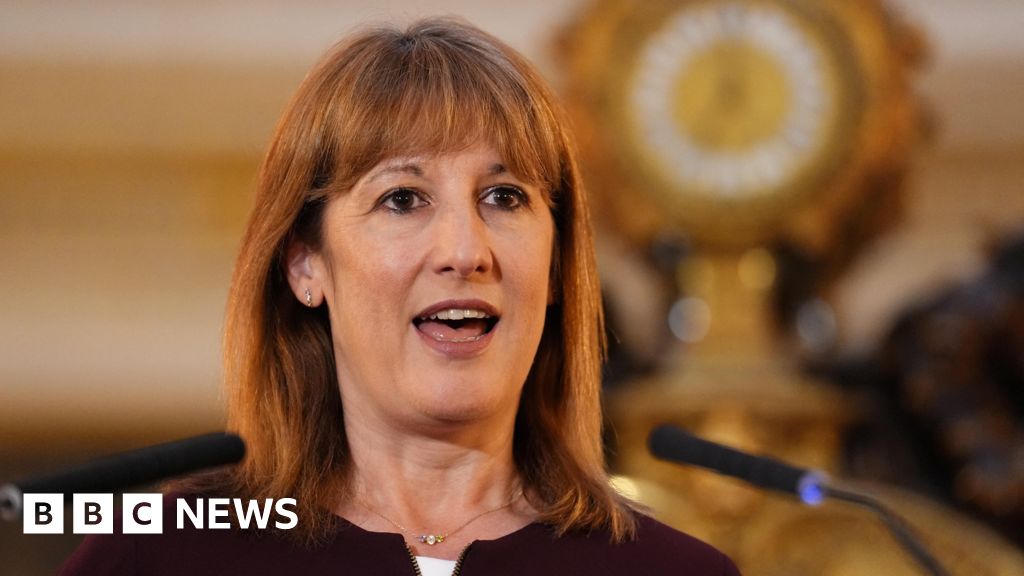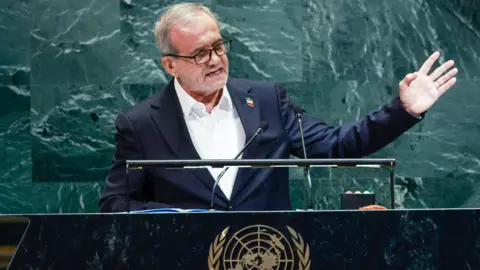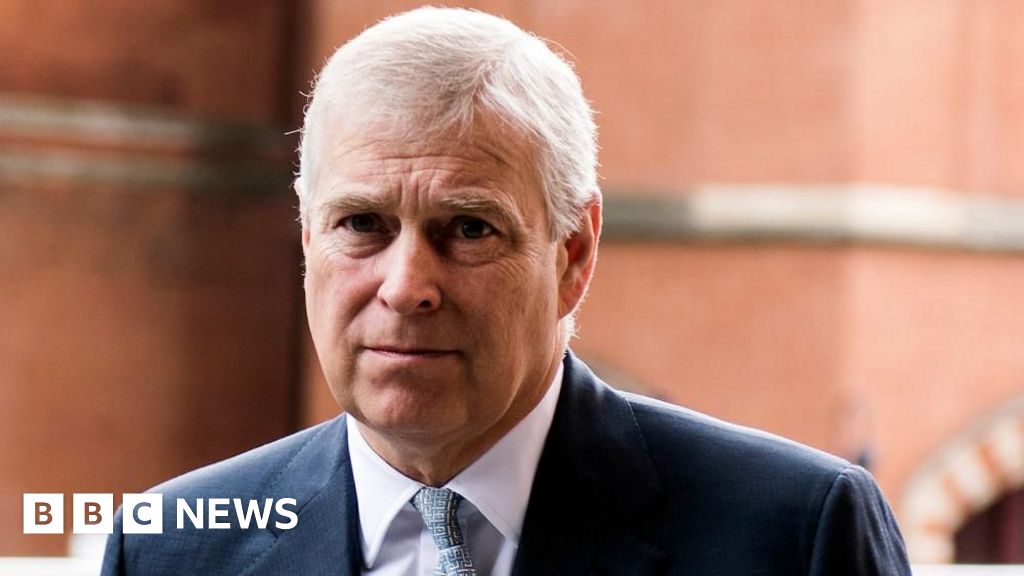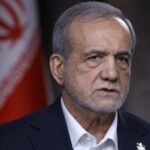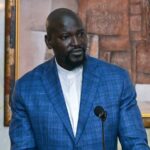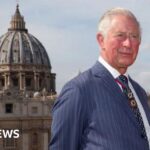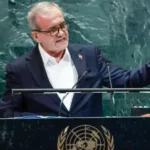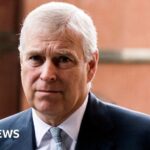COMMENTING ON TODAY’S record-breaking homelessness figures, Taoiseach Micheál Martin claimed emergency accommodation offers are being turned and questioned if people who do so should be counted as homeless – a remark which has been described as a “distraction” by Labour TD Conor Sheehan.
Speaking to The Journal, Sheehan, who is Labour’s Spokesperson on Housing, said that the Taoiseach’s comments have “very little to no basis in fact”.
“He either doesn’t know what he’s talking about or he’s being deliberately disingenuous,” Sheehan said.
Rising homelessness
According to the latest figures from the Department of Housing, 11,208 adults and 5,145 children were in emergency accommodation in August – representing an increase of 295 people compared to the previous month’s figures.
Asked about the rising numbers, Taoiseach told The Journal in New York that he has heard recently that people in emergency accommodation are turning down offers of houses.
He said that Cork City Council told him that 26% of those in emergency accommodation offered houses have refused offers.
When put to him that there may be lots of reasons why an accommodation offer might be turned down, such as a child needing to be near the school they attend or a person being asked to move somewhere a long distance from their workplace, Martin questioned whether it would still count as homelessness.
“But if the house has been offered… those people are still on the list, still in emergency accommodation, and they’re being counted. And I question then is that homelessness,” he said.
‘Anecdotal’
Sheehan said the number of people who decline emergency accommodation is “very small”, and generally only occurs if the accommodation offer is “completely unsuitable”.
He said some offers may be far from people’s services and workplaces, or their children’s schools.
“People very rarely refuse adequate accommodation unless they have a good reason,” he added.
“The whole thing is completely anecdotal,” he said, adding that most people who refuse offers are the ‘hidden homeless’ – a cohort such as those rough sleeping who aren’t included in official statistics.
The Labour TD believes the Taoiseach is attempting to deflect from the increase in homelessness figures seen under this government.
He blamed the ending of the tenant-in-situ scheme and the decision not to implement reforms in renting laws until March as a reason for the increase in the number of people seeking emergency accommodation.
“Government have made a deliberate decision to deprioritise people in rented accommodation, who are the people most likely to end up as homeless,” he said.
With additional reporting from Christina Finn and Andrew Walsh.

